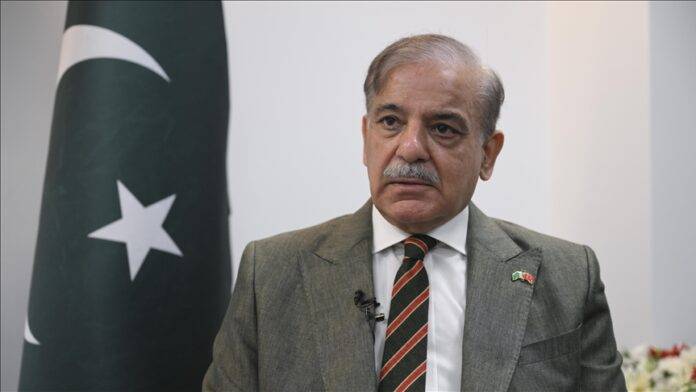PM Shehbaz Greenlights Key Reforms in Hajj Operations
Islamabad: In a major development, Prime Minister Shehbaz Sharif approved the Hajj Policy for 2026 during a federal cabinet meeting held on Wednesday. The newly approved policy outlines several transformative changes designed to enhance the overall Hajj experience for Pakistani pilgrims, with a strong focus on digitalization and improved services.
The most significant reform is the full digitization of Hajj operations, set to begin in 2026. This move aims to bring greater efficiency, transparency, and ease for pilgrims, streamlining various processes, including registration, payments, and service delivery.
Focus on Transparency and Excellence
Prime Minister Sharif emphasized that there would be zero tolerance for substandard services. “Ensuring the comfort, safety, and timely assistance of every pilgrim is our utmost priority,” he said during the meeting. The government has committed to offering world-class facilities to all Pakistani pilgrims, ensuring they have a hassle-free and safe Hajj experience.
Under the new policy, a 70% quota for pilgrims will be reserved for government operations, while 30% will be allocated to private operators. This distribution ensures a higher level of control and oversight by the government, which is expected to result in better management of the pilgrimage.
Strengthening Accountability and Service Quality
A key component of the Hajj reforms is the introduction of third-party validation for all Hajj-related operations. This will involve real-time monitoring of payment processing and application systems for private operators. Private companies that have failed to meet their obligations in the past will now be required to accommodate affected individuals in 2026.
The policy also sets a minimum requirement of 2,000 pilgrims per private company, ensuring that private operators maintain a certain level of operational scale. Additionally, 1,000 seats will be reserved specifically for pilgrims facing hardship, ensuring that all eligible individuals are able to perform Hajj.
Enhanced Digital Tools and Improved Facilities
The government is also introducing advanced digital solutions to make the Hajj process more efficient. Among the innovations are the launch of the Pak Hajj mobile app, which will allow pilgrims to access real-time information, digital wristbands for identification and tracking, and mobile SIM cards for enhanced connectivity.
In addition, the selection of assistants for the pilgrims will now be based on competitive testing, ensuring that only qualified personnel are chosen to support the pilgrims. Furthermore, emergency compensation mechanisms have been put in place to quickly address any issues that may arise, while lodging and food arrangements will be improved to meet international standards.
Prime Minister Sharif directed the Ministry of Information Technology to work closely with the Ministry of Religious Affairs to ensure the successful implementation of these digital reforms, which are expected to enhance the overall experience for pilgrims.


Comments are closed.